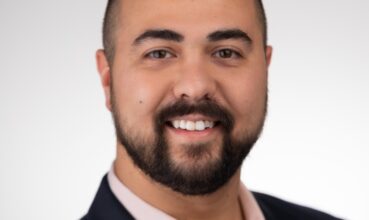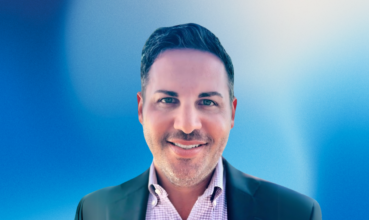“I think it’s an evolution more than anything,” explains Josh Simon, Principal at CPG, reflecting on the changes reshaping Washington DC’s office market. “More ...
How Kanguro CEO Andrés Mishaan Makes Insurance Accessible for Multilingual Renters


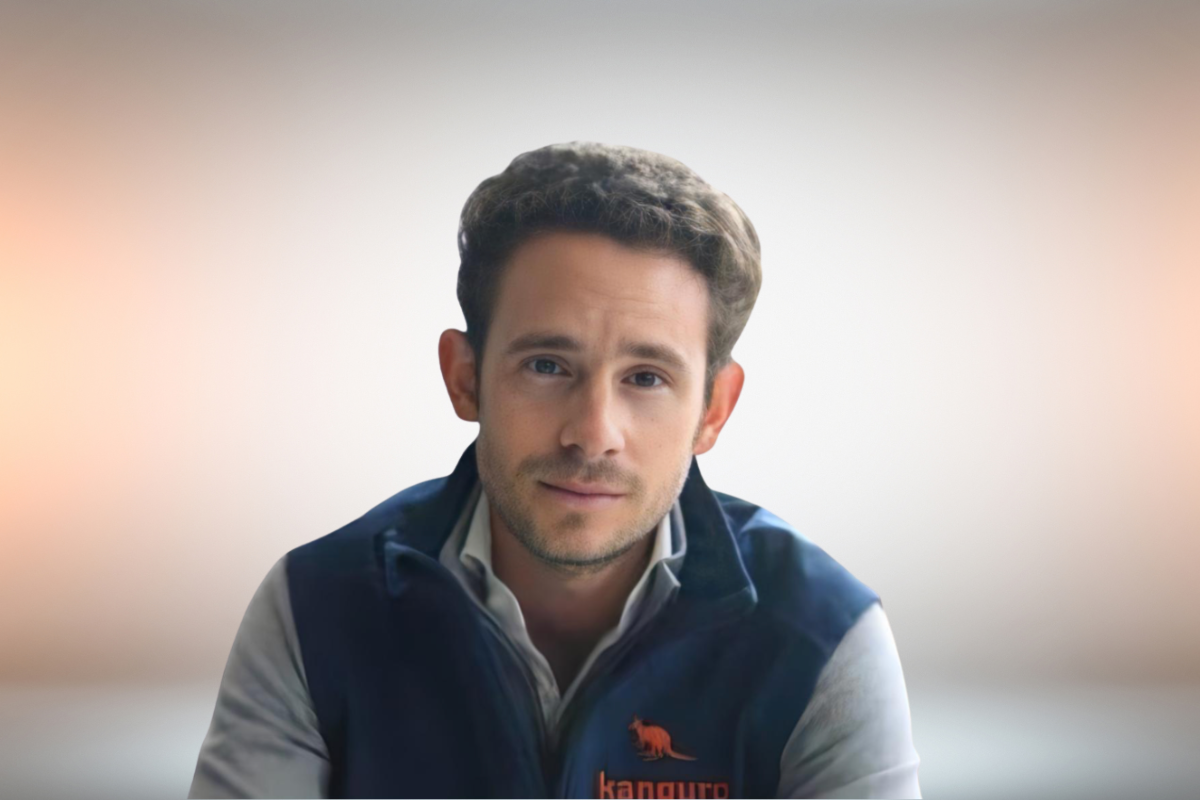

“Our first mission is educating people and providing that kind of reality to create consciousness that this is something for everyday needs,” says Andrés Mishaan, Co-Founder and CEO of Kanguro, a bilingual InsurTech company now offering renters insurance in Florida, Georgia, and Texas.
Within the insurance sector, where customer engagement often remains minimal and interactions frequently unwelcome, Kanguro has created a distinctive approach by serving the Spanish-speaking market in the U.S. while developing an offering that resonates with the broader renter population.
Creating Insurance Solutions for Multilingual Communities
Founded in 2021 by Mishaan and Nicholas Hanenberg, Kanguro initially focused on pet insurance with a unique angle: serving the 70 million Spanish speakers in the United States who are often overlooked by traditional insurance providers.
“We’re the only company that has both renters and pet insurance policy forms approved in English and Spanish by the Department of Insurance in each state we’re operating in,” Mishaan explains. “When we say we’re fully bilingual, we mean from the very beginning, since you’re buying the policy, until you’re onboarded to our app, to reading the policy verbiage—and we’ve also made the policy verbiage very easy to digest.”
This comprehensive approach to language accessibility addresses a critical gap in the market. For non-English speakers, navigating insurance options often presents significant hurdles.
“It’s an educational barrier,” Mishaan notes. “Our first mission is educating people about what a renter’s insurance product covers, the benefit of having general liability coverage, having personal property coverage, and what are the most frequent situations for renters insurance claims.”
The need for coverage often becomes apparent during life transitions. “When the renter moves in, they realize when they start to put everything in the U-Haul truck how many things they’re taking to these four walls. All of a sudden, they start to say, ‘A lot of what I’ve made and the cash that I’ve invested in tangible things are here in this truck. How do I insure this?'”
Cultural Fluency as a Market Advantage
Kanguro’s approach is rooted in cultural awareness, with Mishaan’s Colombian background informing the company’s strategy. “We really thought that having a very culture-specific understanding of what this market expects was a huge competitive advantage for us,” he says.
This cultural insight extends to the product itself. The company tailored its coverage options to include items particularly relevant to Spanish-speaking households. “We tailored those scheduled items to a very Spanish-speaking culture. We added little tiny scheduled items like barbecue components where competitors don’t have them,” Mishaan says.
Today, Kanguro serves a diverse customer base, with approximately 60% Spanish speakers and 40% English speakers. This broad appeal stems from the company’s commitment to accessibility and user experience regardless of language preference.
The Human Touch in a Digital World
While technology forms the backbone of Kanguro’s operations, the company made a significant pivot after initially launching. “We thought it was very smart to just use AI. We have large language models that can process your claim, interact with you. You don’t have to speak with a human. Everybody’s happy,” Mishaan recalls.
However, reality proved different. “We started to realize that it’s actually frustrating for a lot of people who get to a certain point with the interaction, and they’re already stressed enough because they’re going through a horrific experience.”
This realization led to a strategic shift. “We decided to add a layer of human touch to the claims process, which really changed our customer satisfaction score. It was a higher cost for us at the company level, but the return on the investment is customer lifetime value—you have happy clients that you will retain,” Mishaan explains.
This hybrid approach illustrates Kanguro’s commitment to merging technological efficiency with human connection. “It’s not a tangible product. What we’re doing is a service, a financial service, and there has to be people on the other side for our clients to feel comfortable,” Mishaan emphasizes.
Building Trust Through Transparency and Social Responsibility
Kanguro differentiates itself not only through language accessibility and customer service but also through social responsibility initiatives. “We donate part of the premium that we get from our clients after we pay claims to good causes—charity, foundations, shelters,” Mishaan shares.
This approach aligns with the company’s broader mission to modernize the insurance experience. “Our DNA essentially today is we are a fully bilingual InsurTech company for your everyday needs, and our value proposition is we want to modernize the insurance experience for our users.”
Looking Ahead: Florida Focus in 2025
As Kanguro expands its product offerings and geographic reach, the company is placing particular emphasis on Florida, where it’s headquartered. “We’re really focusing throughout the rest of the year on servicing people that are renting their units, apartments, or homes, and that own pets. We want to really become their insurance everyday partner,” Mishaan says.
With the rental market poised for growth and seasonal upswings approaching, Kanguro is positioned to capitalize on emerging opportunities. “The market for renters insurance is one that is about to take a liftoff. It has seasonalities, and the first tranche is approaching. We are excited to really take advantage of that opportunity and show our value.”
Similar Articles
Explore similar articles from Our Team of Experts.
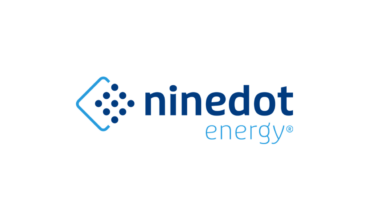

“Most urban grids are pretty dirty. You might have a lot of clean energy development outside of the urban area, but how do you use it in an urban area?” poses Karen Alter, Chief ...
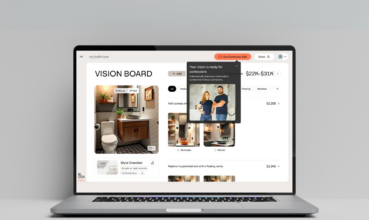

In an industry where miscommunication and mistrust often define the relationship between homeowners and contractors, Block Renovation is creating a paradigm shift. Led by CEO Julie Kheyfets,...
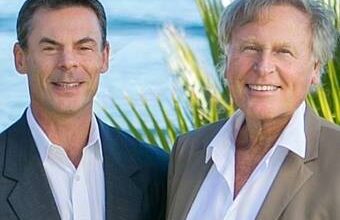

In the ever-changing landscape of Southern California’s luxury real estate market, Ty Bergman stands as a beacon of experience and adaptability. With roots tracing back to 1989, Bergma...


With a portfolio spanning Manhattan’s most dynamic submarkets and a philanthropic footprint of over 3 million square feet, GFP Real Estate Chairman Jeffrey Gural has distinguished hims...


